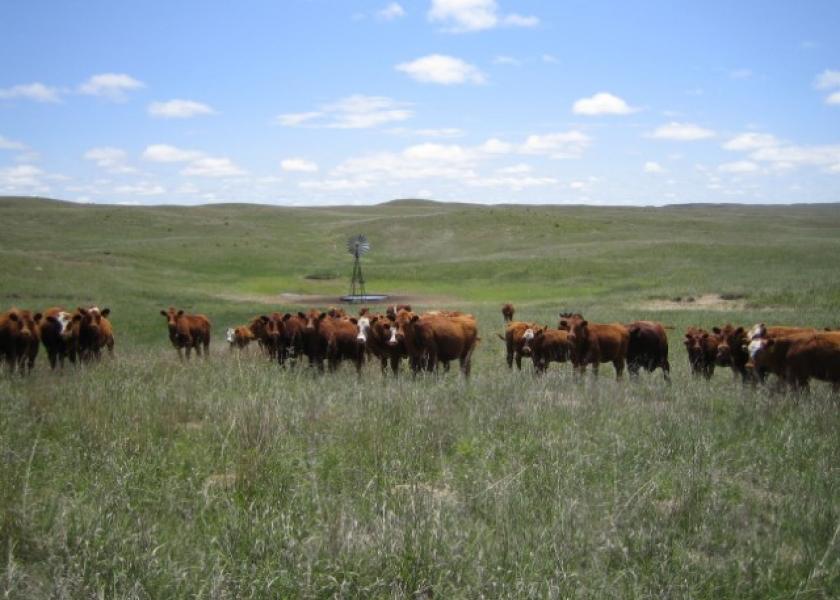'No Such Thing as Low-Carbon Beef' Leads to One Group's Petition to USDA

There’s no such thing as “low carbon” beef, suggests the Environmental Working Group (EWG) in a recent petition to the USDA, aiming to prohibit meat producers from claiming their beef is low-carbon and to require independent verification of other climate claims on food, says a release.
Much like the ingredient list and calorie counts, EWG’s petition also urges USDA to require food companies to disclose their company’s carbon emissions on product labels, the release explains.
Scott Faber, EWG’s senior vice president for government affairs says in the release, “There is no such thing as low-carbon beef. No food choice results in more greenhouse gas emissions than beef.”
USDA began approving beef as low carbon in late 2021 for producers who have received approval in the Process Verified Program from the Agricultural Marketing Service, according to a Meat and Poultry article.
Additionally, USDA has published an official listing of approved USDA Process Verified Programs service providers who offer verification services that ensure live animals meet various requirements and standards.
Meanwhile, EWG says climate and carbon claims, such as “net zero” and “carbon neutral” on food products lead to consumers “erroneously thinking these claims reflect actual reductions in greenhouse gas emissions,” and these claims are based on “offsets” generated by other practices that are “hard to measure and not independently verified.”
The group also raised similar concerns in submitted comments to the Federal Trade Commission’s Green Guides update, aiming to prevent companies from making misleading environmental claims about their products, the release adds.
Faber says consumers expect carbon claims to be verified by an independent third party and are willing to pay for foods that reduce GHG emissions. However, these claims made are either “misleading or false” and are based on “the honor system” for verification.







